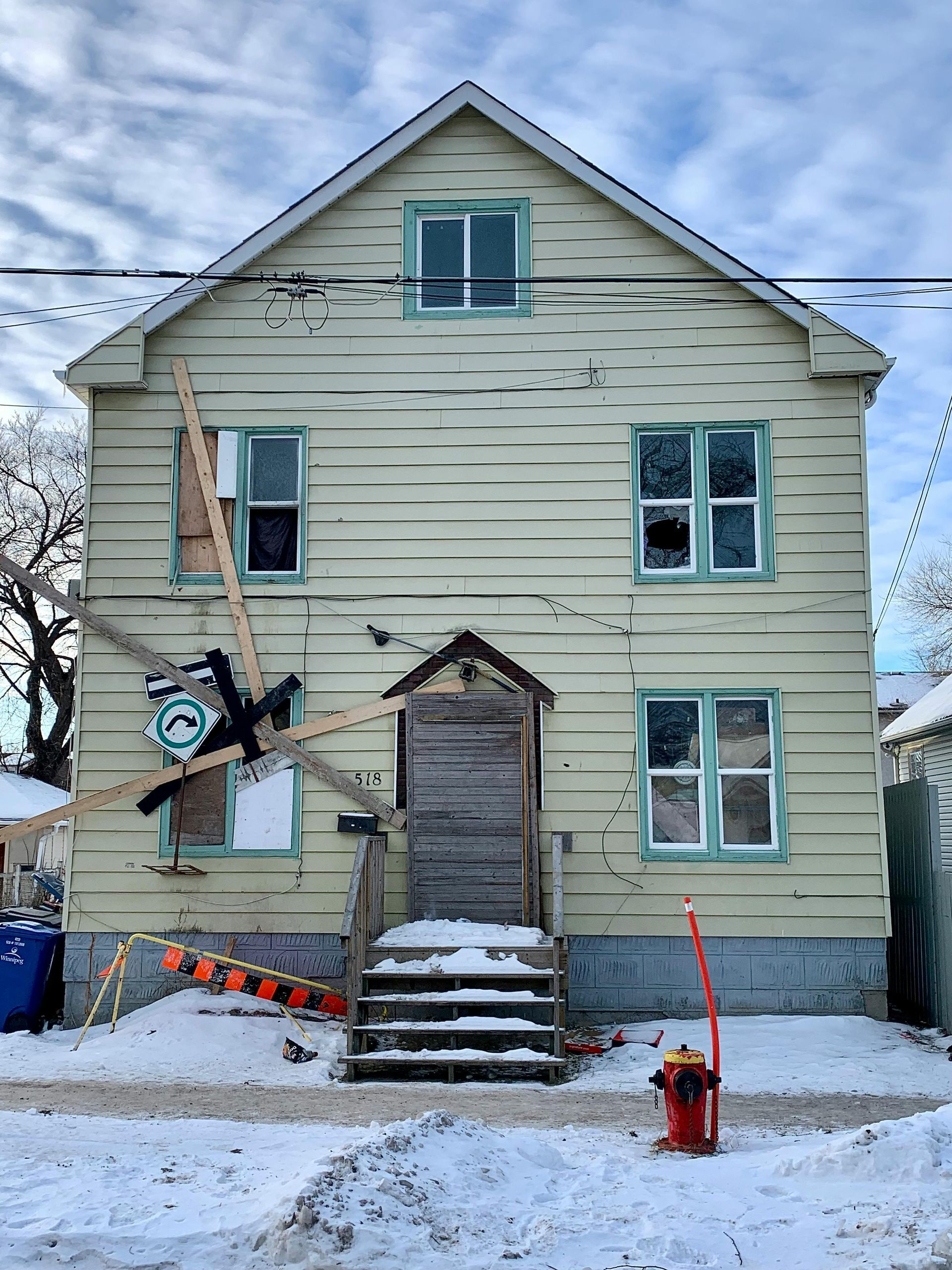Understanding Disclosure Laws in South Carolina Real Estate Sales
Navigating Real Estate Disclosure Laws in South Carolina
When buying or selling real estate in South Carolina, understanding the state's disclosure laws is essential for protecting your rights and avoiding legal complications. At E Scott Sanders LLC, we assist residents of Greenville and the surrounding areas with navigating these complex regulations to ensure smooth, lawful real estate transactions.
What Are Real Estate Disclosure Laws?
Real estate disclosure laws require sellers to inform prospective buyers about known issues with the property. These laws aim to prevent fraud and misrepresentation in real estate transactions. In South Carolina, this obligation is codified in the South Carolina Residential Property Condition Disclosure Act (Code § 27-50-10 et seq.).
This law mandates that sellers of residential property provide a completed disclosure statement that addresses various aspects of the home, including but not limited to:
- Roofing issues or leaks
- Plumbing or electrical problems
- Structural damage or foundation issues
- History of termite or pest infestation
- Presence of lead-based paint (for homes built before 1978)
- Environmental concerns like mold or flooding
The seller must complete this form truthfully before signing a sales contract. Failure to disclose known defects may lead to legal liability, including rescission of the sale or damages.
Exceptions to Disclosure Requirements
Not every transaction is subject to disclosure rules. Exceptions include:
- Transfers between family members
- Transfers due to court order (e.g., foreclosure or probate)
- Sales of newly built homes that have never been occupied
However, even in these cases, ethical considerations may still encourage full transparency to avoid disputes.
Buyer Responsibilities
While sellers are required to disclose, buyers must also conduct their own due diligence. This often involves hiring a qualified home inspector and reviewing public records. If buyers discover issues post-sale that were not disclosed, they must prove that the seller knew of the issue and intentionally omitted it.
Legal Support for Greenville Residents
Real estate transactions can become complex quickly—especially if there's a dispute over what was or wasn’t disclosed. At E Scott Sanders LLC, we provide legal guidance and representation for both buyers and sellers in Greenville to ensure compliance with South Carolina’s disclosure laws. Whether you're drafting a disclosure statement, reviewing one, or facing a potential legal claim, our team can help you move forward with confidence.
Conclusion
Understanding your disclosure obligations as a seller—and your rights as a buyer—is vital to a fair and legally sound real estate transaction. Don’t leave your investment to chance. Contact E Scott Sanders LLC for trusted legal assistance in Greenville real estate matters.










